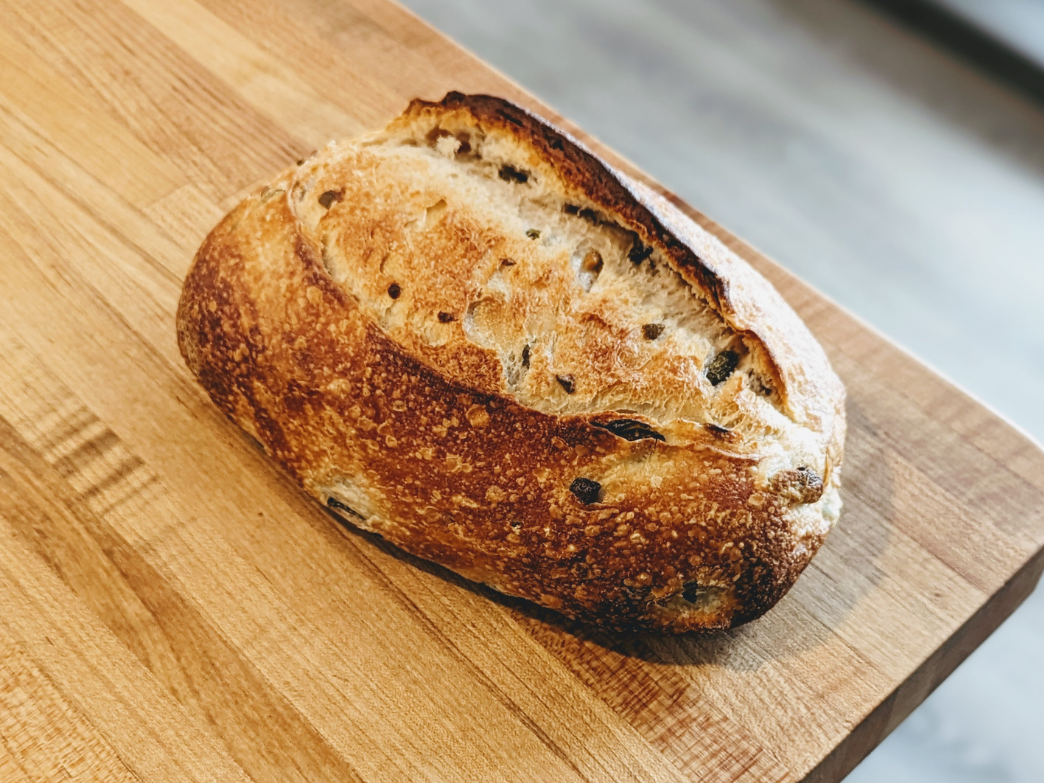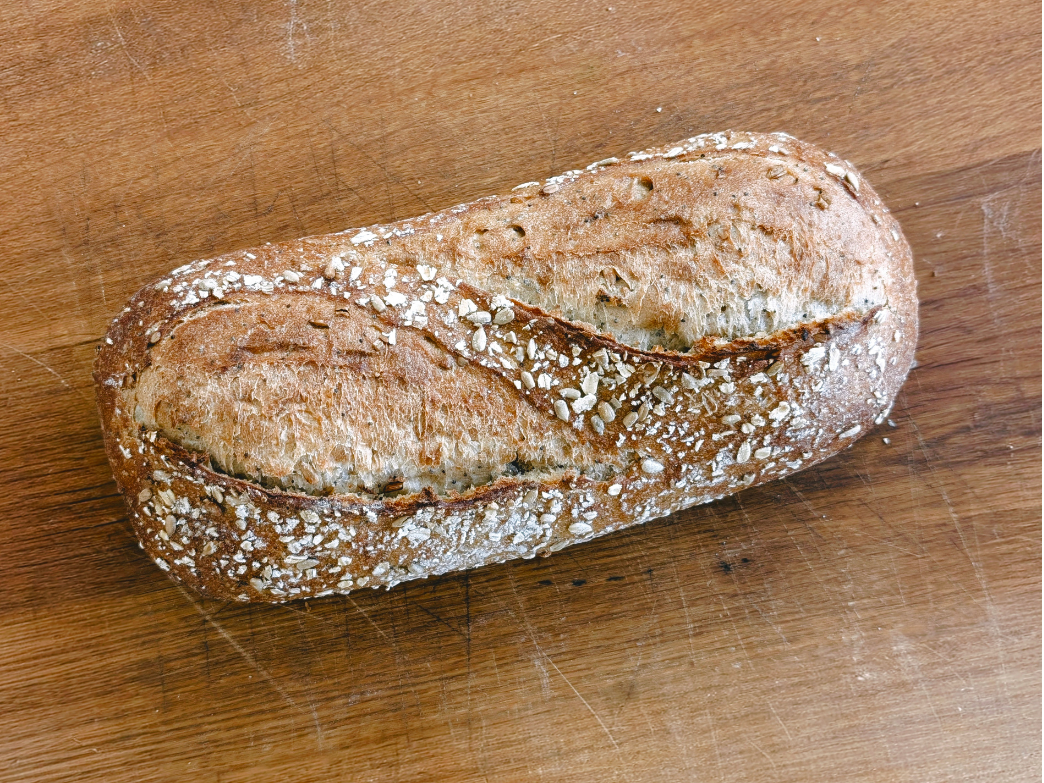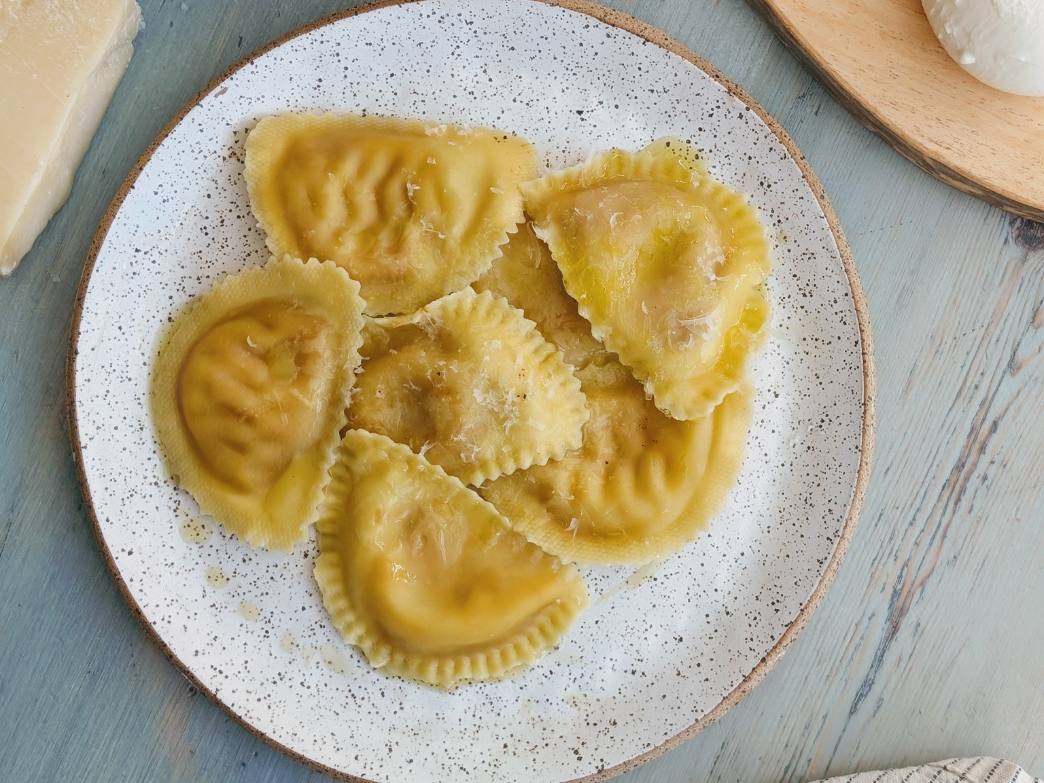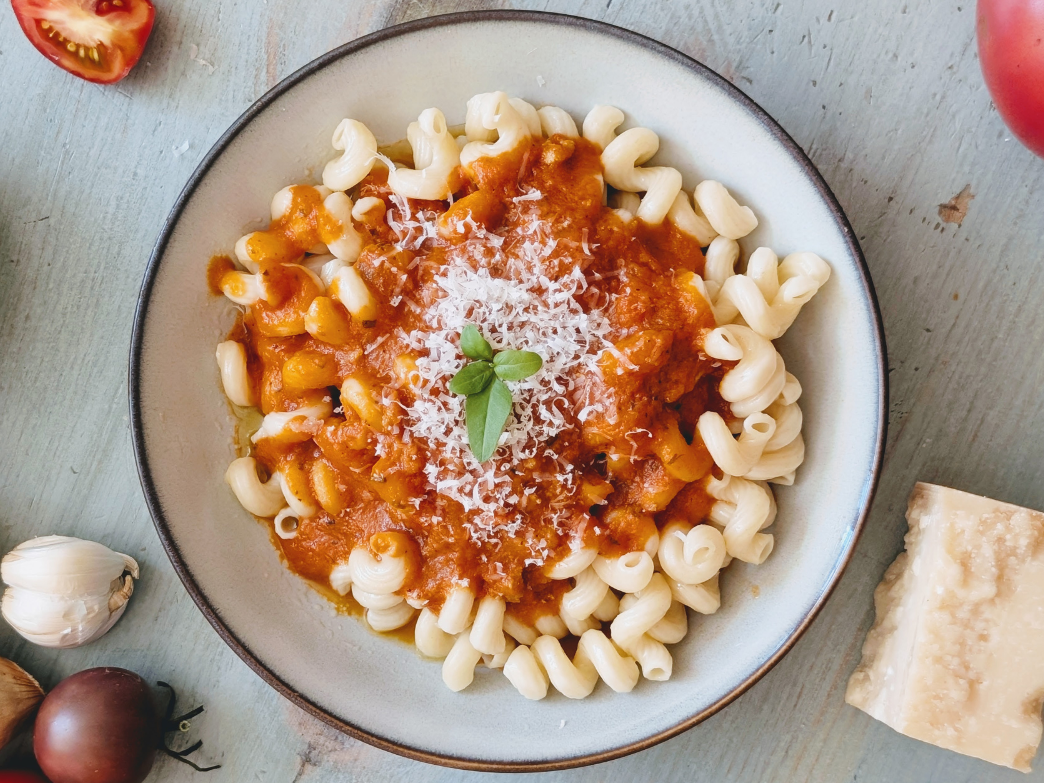By Dr. Jorge, Ph.D.
Wildgrain, opens in a new tab is the first bake-from-frozen subscription box for sourdough breads, fresh pastas, and artisanal pastries.
You’ve probably heard of the BRAT diet – maybe you’ve even been advised to follow it during an illness. In this article, we’ll dive into one of the staple foods of the BRAT diet –bread–and explain which type is easiest to digest and why.
It is important to remember that this article is not medical advice; consult with your doctor or a registered dietician before making changes to your diet.
What is the BRAT diet? What can you eat on the BRAT diet?
The BRAT diet refers to a bland diet that is composed of bananas, rice, applesauce, and toast as its core suggested foods. Traditionally recommended by physicians as a short-term approach, the goal of the BRAT diet is to ease digestive issues, such as stomach upset and diarrhea. The BRAT diet emphasizes low-fiber foods that are gentle on the digestive system. In addition to the core foods of the BRAT diet, other safe options include crackers, oatmeal, apple juice, and clear broths.
When should you eat the BRAT diet?
Physicians often recommend the BRAT diet for individuals dealing with nausea, vomiting, or diarrhea. This bland diet is designed to be gentle on the stomach and may help alleviate symptoms of digestive upset. If you’re unsure whether the BRAT diet is appropriate for your situation, consult your doctor for advice.
What kind of bread is best for a BRAT diet?
The best type of bread to eat on a BRAT diet is one that’s easy to digest, such as white bread. Its low fiber content makes it gentle on the digestive system and easy for the body to absorb. Because white bread is made from refined grains with the bran and germ removed, it breaks down more easily during digestion.
Is BRAT diet ok for IBS?
The BRAT diet can serve as a short-term strategy to help manage certain IBS symptoms, such as diarrhea. However, it is not recommended as a long-term approach to IBS management due to its limited nutritional value. Over time, relying solely on the BRAT diet may lead to nutrient deficiencies and does not address the underlying causes of IBS symptoms.
Is toast better than bread on BRAT diet? Is bread or toast better for upset stomach?
Toast is often recommended over untoasted bread on the BRAT diet because it’s easier for the body to digest. The toasting process breaks down some of the carbohydrates in bread, which can make it gentler on the stomach. For this reason, toast, rather than regular bread, is considered one of the staple foods of the BRAT diet.
Is white bread good for a BRAT diet? Is whole wheat bread ok for BRAT diet?
White bread is often recommended as part of the BRAT diet and is preferred over whole wheat bread for those following a bland diet, as it tends to be easier to digest. Although whole wheat bread is generally more nutritious, its higher fiber and FODMAP content can make it harder to digest for some individuals, potentially worsening stomach issues or triggering IBS symptoms.
Is sourdough bread ok for an upset stomach? Can you eat sourdough on BRAT diet?
Sourdough bread is usually ok for an upset stomach and can be easier to digest than white bread for some individuals. Its extended and distinctive fermentation process helps break down certain compounds naturally, making sourdough bread gentler on the digestive system and a good bread option for the BRAT diet.
Where can I buy the best fresh bread online?
At Wildgrain, we specialize in making high-quality, fresh breads that are delivered directly to your door. Wildgrain is the first bake-from-frozen delivery subscription service for breads, rolls, pastries, and fresh pastas. Some of our popular breads include sourdough whole wheat, sourdough 7-grain, slow fermented 3-seed bread, and sourdough rye. Learn more about Wildgrain and our artisanal baking and cooking methods.
About the Author
Dr. Jorge has been a public health researcher for many years, holding both a Bachelor's degree and a Ph.D. in Chemistry. They presently work as a medical writer and love being able to assist others in understanding various health and scientific topics.
This content is for informational use only and does not replace professional nutrition and/or medical advice, diagnosis or treatment. It is not a substitute for and should not be relied upon for specific nutrition and/or medical recommendations. Please talk with your doctor about any questions or concerns.



